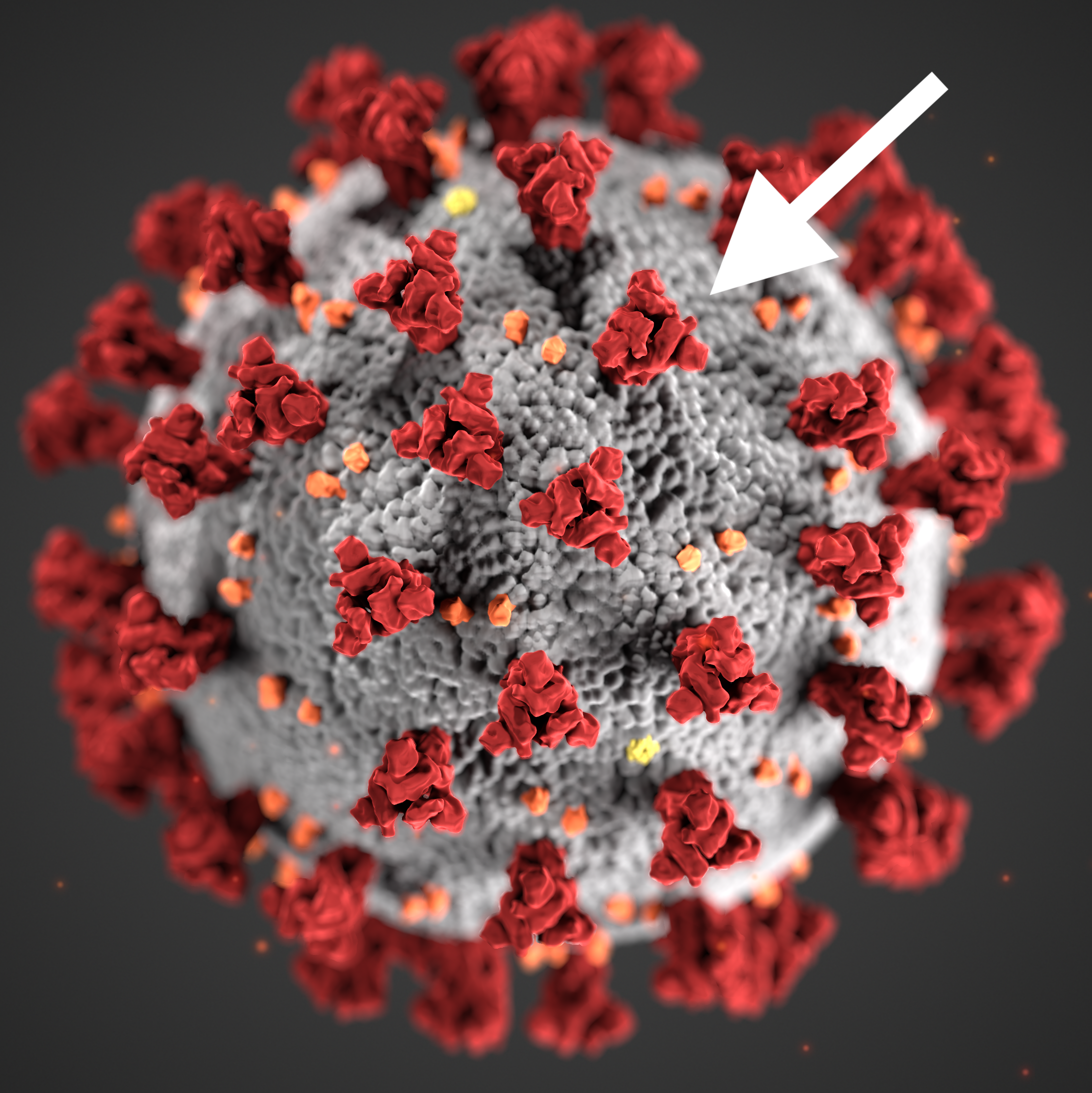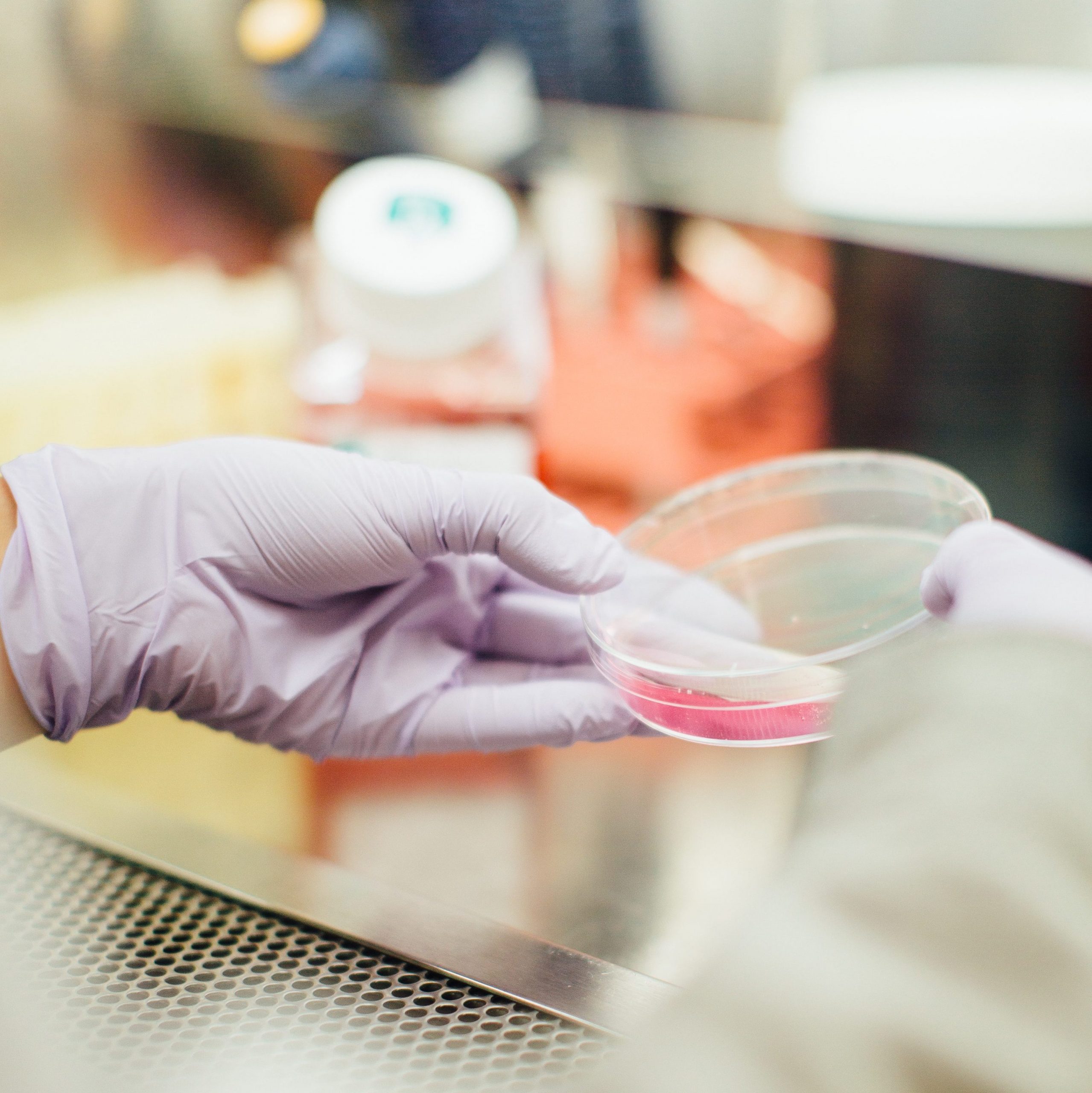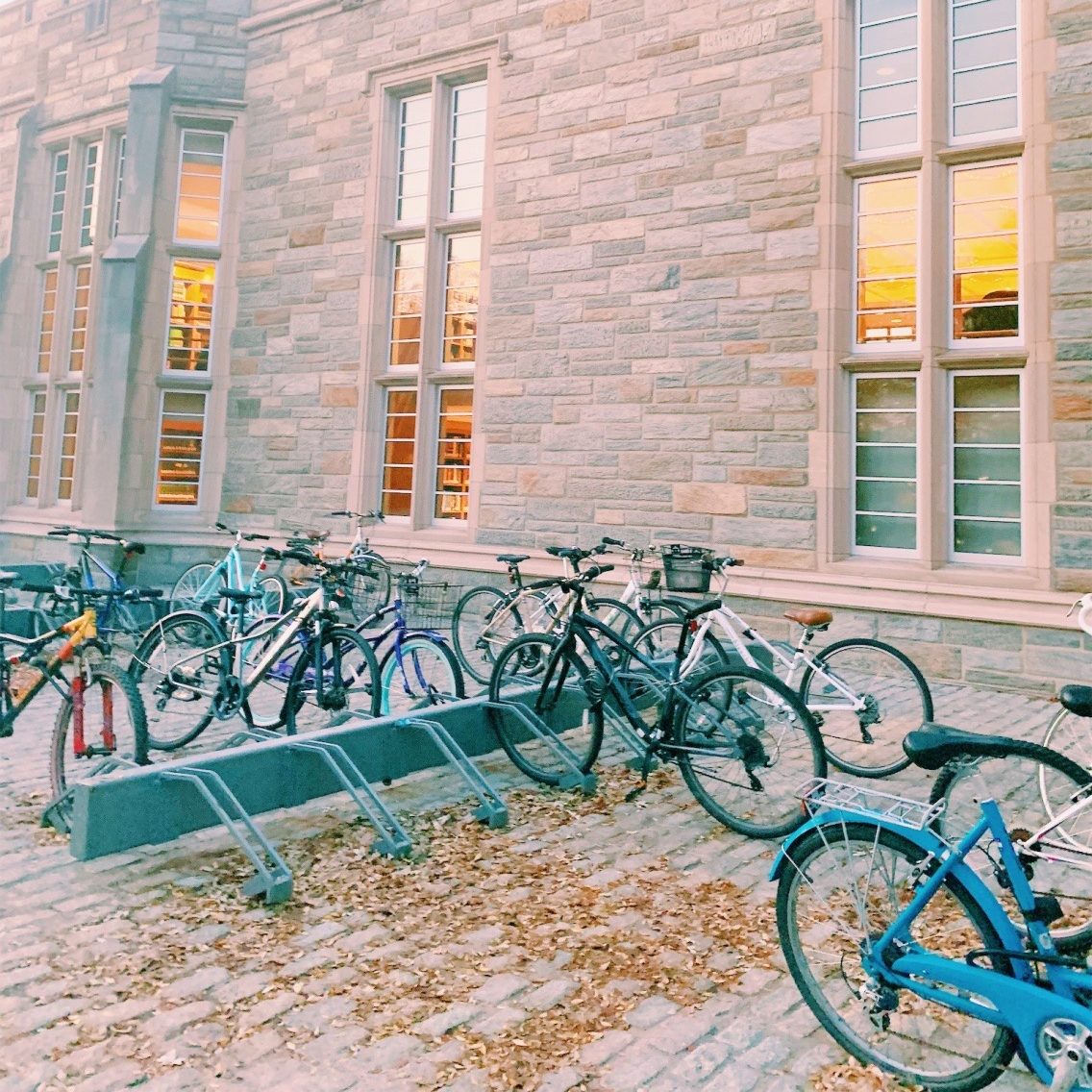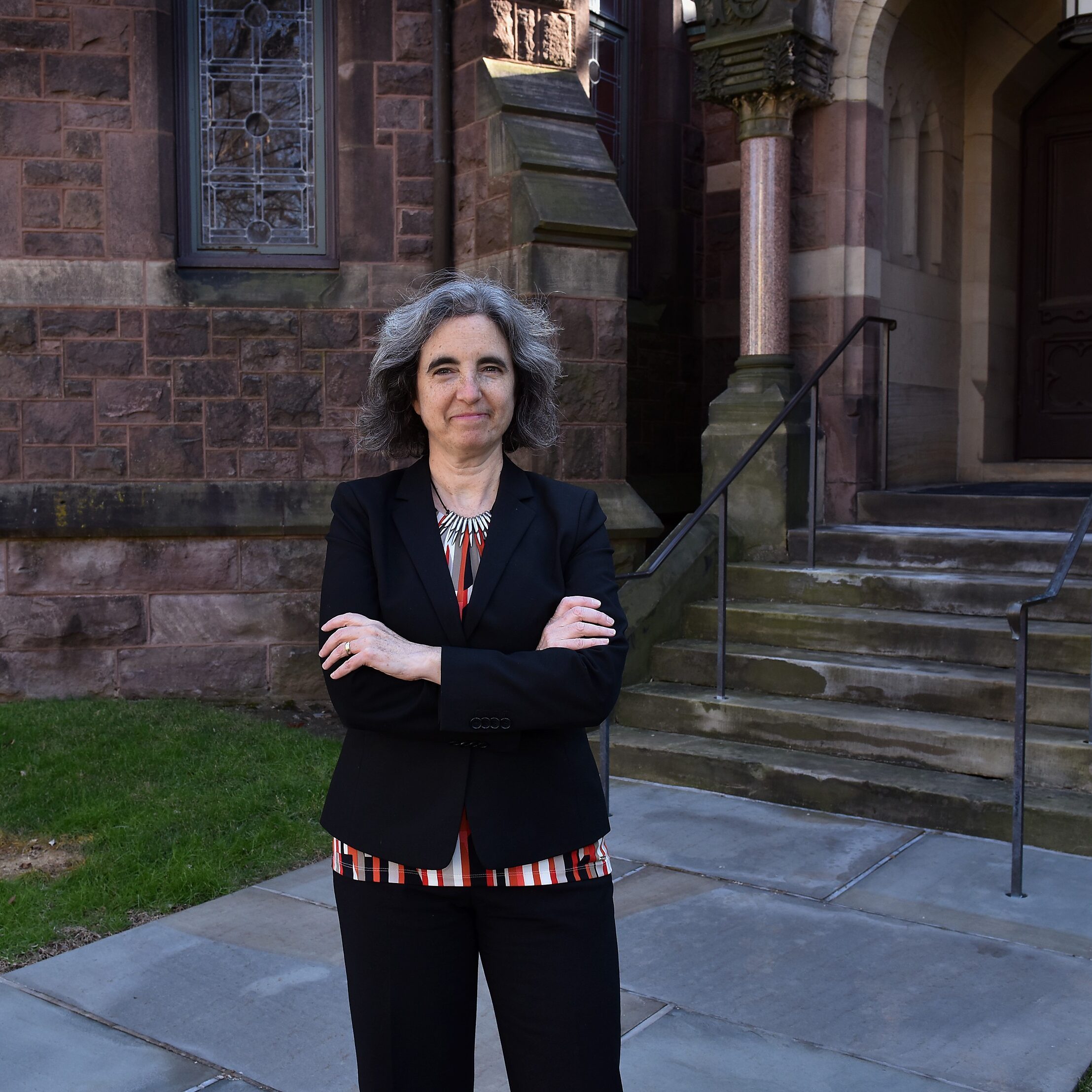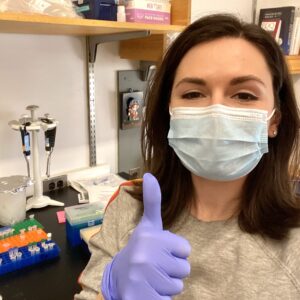For this Spring Seasonal Series, entitled Doing Research in a Pandemic, each correspondent has selected a researcher to interview about the impact of the pandemic on their research. We hope that these interviews document the nuanced ways the pandemic has affected research experiences, and serve as a resource for students and other researchers. Here, Ryan shares her interview.
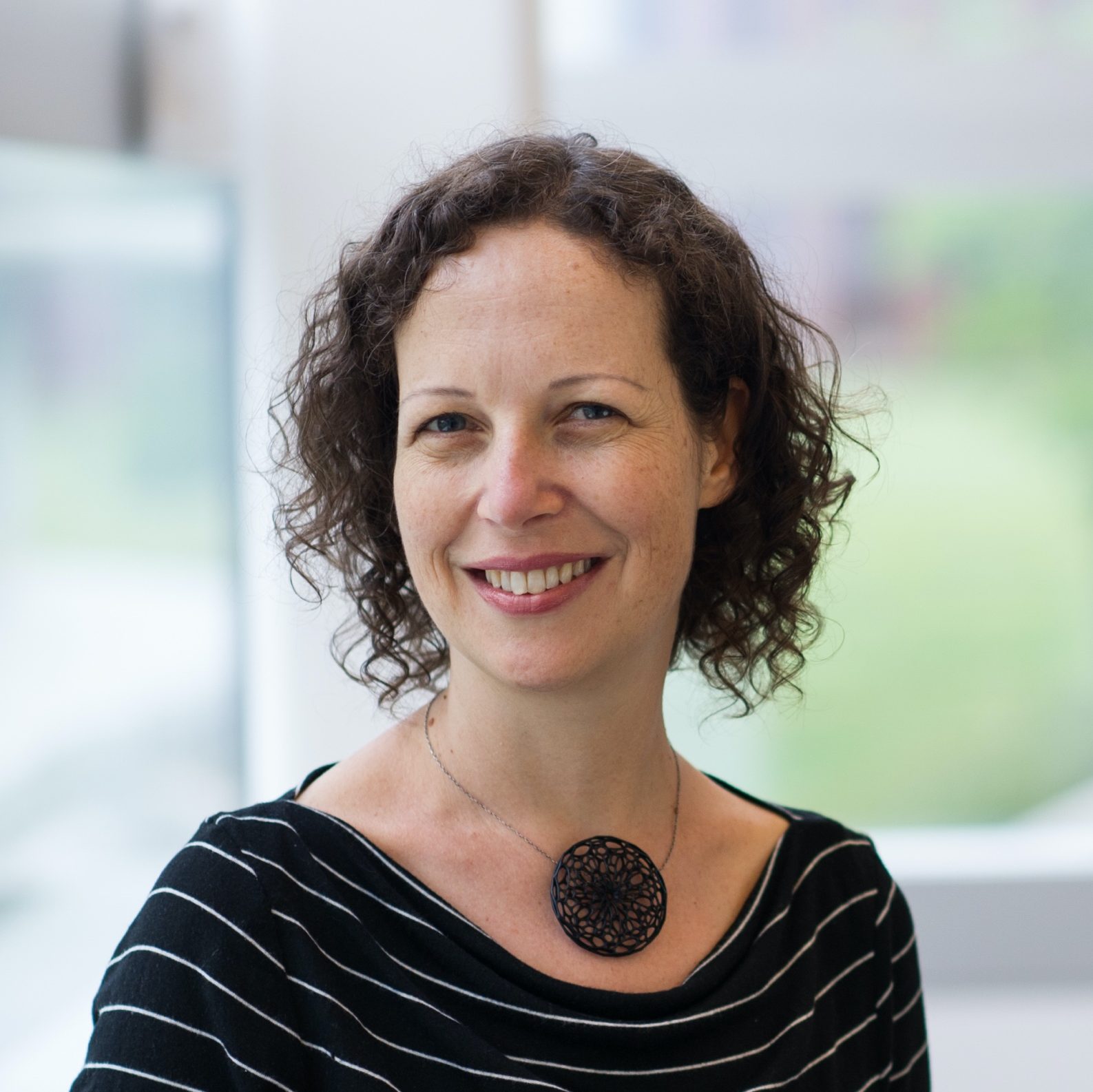
For this seasonal series, I decided to interview Yael Niv, a Professor in Neuroscience and Psychology at Princeton University. Professor Niv has conducted key research on reinforcement learning and decision-making and she continues to contribute to this field at her lab at the Princeton Neuroscience Institute. I decided to interview Professor Niv because I have taken two courses with her (FRS172: Our Subjective Reality and PSY338: From Animal Learning to Changing Minds) and have truly been inspired by the work she has done and the positive attitude that she brings to the classroom every day. I know that we can all learn from Professor Niv, especially at a time like right now. In our interview, we discuss the importance of hallway encounters, research opportunities during the pandemic, and the future of her lab.
Continue reading Doing Research in a Pandemic, an Interview with Professor Yael Niv

